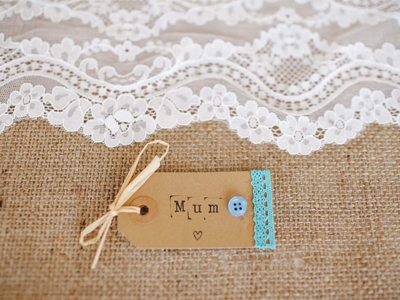Top tips for Self Care as a New Mum
Reassess what self-care means
Nourishing yourself with healthy and nutritious food, getting an early night and making the time to drink your tea despite the pile of washing, are all forms of self-care. Perhaps you could budget for a cleaner instead of your TV subscription or go for a walk every day. There are many different ways to take care of yourself – they don’t have to look good on Instagram!
Sleep
I HATED when people said to me ‘sleep when the baby sleeps’ as it felt impossible BUT if you do ever get the opportunity, even if you can’t actually sleep, just use the time to rest and allow your body to relax and revitalise itself. Turn off your phone, reduce your screen time and maximise every opportunity to let your body rest and heal.
Breathing and Mindfulness
It’s amazing the difference a few deep and mindful breaths can make when you are feeling a bit overwhelmed. It’s really helpful just to remind yourself to slow down and take some time to let your mind be still. You need good levels of oxygen to assist with the biochemical reactions needed for healing so creating 5 minutes a day to focus on your breath is a great idea.
Forget about dieting
Good nutrition is a key building block of postnatal recovery. You must make sure you are taking in enough energy and getting the right nutrients to heal, rebuild and promote rest and regrowth is vital. Think about what wonderful nutritious food you can put into your body rather than depriving yourself.
Get a Mummy MOT
It is well worth going to see a Women’s Health Physio to make sure everything is functioning as it should in your pelvic floor and abdominals. Around 25% of women have some pelvic floor dysfunction postnatally and this number rises with age so getting specialist advice is crucial.
Nourishing Exercise
There is an understanding in our society that exercise should be punishing – postnatally this couldn’t be further from what you need! Your body is already flooded with cortisol (the stress hormone) so you need to do what you can to lower stress levels with restorative movement that isn’t going to create pressure in your pelvic floor and abdominal muscles.
We have only touched the surface here but I hope this has given you somewhere to start. Get in touch at hello@centredmums.com



